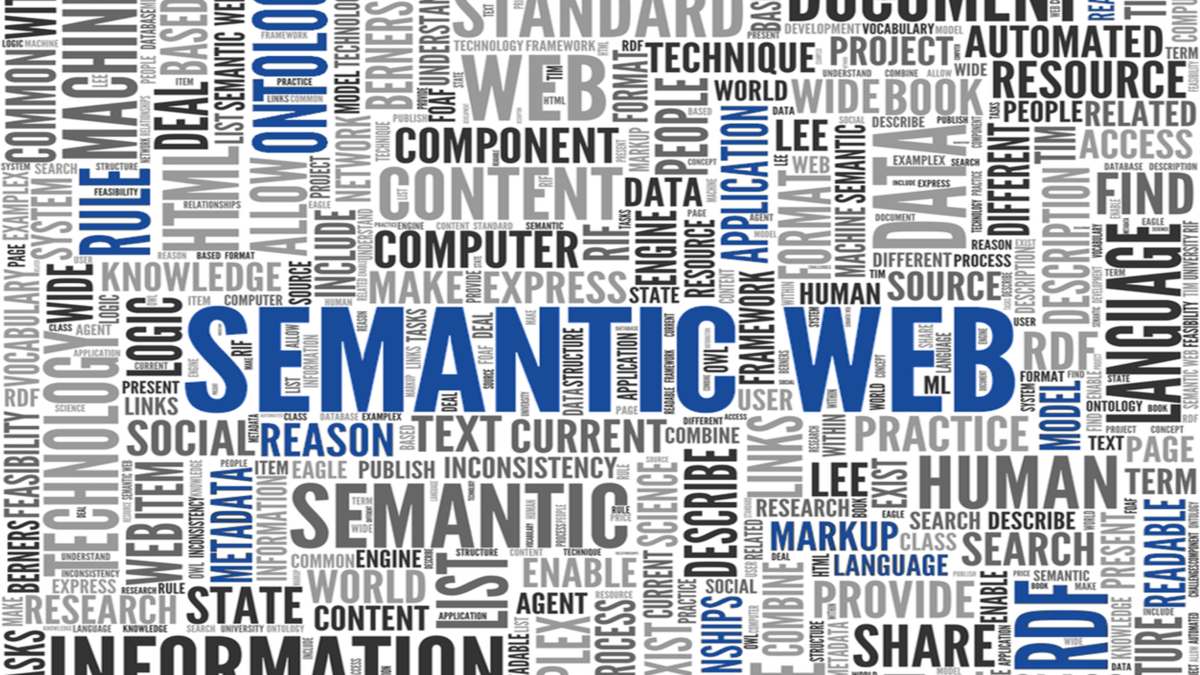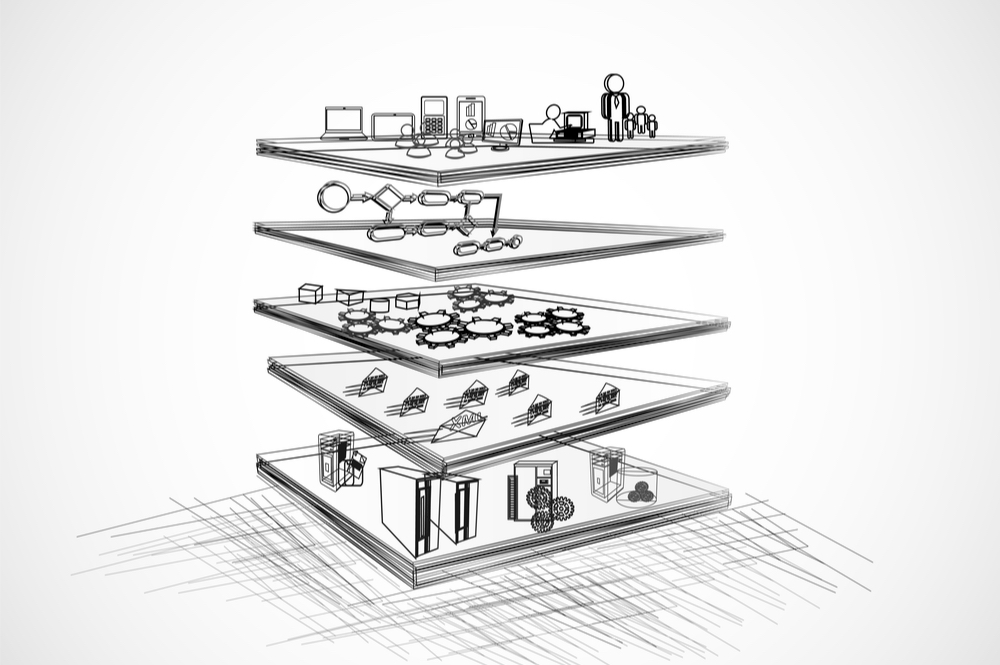A data-centric ontology quality framework
Even though the use of electronic ontological knowledge representations dates back until the 90s, their usage today is still unabated with application scenarios not only in the sharing of information but also in the inferring of new knowledge through reasoning or the enablement of natural language processing. But as ontological representations are on the rise – how can one ensure the quality and correctness of such artifacts?
The usage of objective, quantifiable metrics provides reliable ontological measurements. And in the past, an enormous amount of metrics has been proposed, assessing – among others - the graph and schema attributes, annotations, relations, or instances. But often, their influence on the actual quality is not researched extensively. How, and in what kind of composition do the metrics proposed by Tartir et. al. in the OntoQA-Framework influence the understandability of an Ontology? How does Gangemi et. al.’s graph metrics influence the reusability of an ontology? The influence of certain metrics on concrete quality attributes is often not described and if so, not validated in an empirically sound approach. Further, most of the metrics stay rather isolated. It is often not known how metrics correlate with each other. These shortcomings make the usage of ontology metrics arbitrary – especially inexperienced modelers are facing challenges selecting the right metrics for the right goals. Even though the ontology metrics are calculated objectively, the interpretation remains subjective.
Validated ontology quality measurements can help these modelers to develop ontological models based on their aimed usage scenario. A translation of the abstract measurements into high-level quality dimensions like, among others, “completeness”, “clarity” or “adaptability” helps to classify the own work into a broader context. This is especially true if these metrics are provided in a repository, allowing the comparison between the own creation and various other ontologies. Further, based on the provided quality calculations, possible improvements can be given for a certain quality goal, highlighting the artifacts that are the most influential factors for each quality dimension. In effect, this can not only lead to better ontologies but in the long term also to better-trained modeling staff.
The goal of this doctorate is to establish and validate a link between comprehensive quality measurements like “understandability” or “completeness” and the quality metrics proposed in the literature. Using a data-centric research design, the goal is the identification of quality grades and improvement recommendations. This has the potential to support especially inexperienced ontology engineers in assessing their work and the creation of better ontologies. The novelty of this research lays in the data-centricity of its design. Using a collection of large amounts of evolutional ontology metric data, statistical relevant correlations are to be found. This enables the validation of already proposed quality measurements and the identification of new ones.
Methodological Contributions to Business Model Transformation in Digital Business Ecosystems
While platforms and their associated business models have revolutionized industries in the US and are now among the best valued companies in the world, the market share of European platforms is low. In order to build on the successes of the American market, various methods are needed to enable and adapt digital business models in Europe. Ecosystems here should not be subject to the classic "the-winner-takes-it-all" principle, but rather enable cooperation between a wide variety of players. My research in this area focuses mainly on the maritime domain: the blue economy is still a relatively untapped growth market with potential. Think, for example, of the development of offshore wind power, the use of seagrass meadows, aquaculture, shipping or fishing. In connection with these ideas, however, the detection of munitions in the water must also be mentioned: Old world war munitions are still polluting our seas and pose a concrete threat to the environment and people due to erosion of the munitions casings. New technologies such as underwater vehicles or sensor data can help to tackle these challenges.
The aim of this research paper is therefore to show in various contributions how business models can be transformed in the maritime domain. First, classic platform-driven business models are analyzed. The insights gained there will be made available to practice partners. Based on the resulting discussions, joint solutions are then developed collaboratively, for example in workshops. The methods used therefore include extensive research and guided interviews as well as various types of modeling. The resulting approach combines top-down ideas with those of the bottom-up approach. The individual business models of the project partners involved are just as important in the development of an ecosystem as the overall platform business model in this ecosystem. The aim is to gain insights to make ecosystems resilient and in line with European ideas.
A Method for Model-Driven Development of IoT-Based Digital Twins
Digital Twins are virtual representations of physical or cyber-physical objects, systems or processes. Recently, attention to Digital Twins and their use in various industries has increased significantly. The use of Digital Twins offers a variety of benefits, including the ability to monitor in real time, simulate and analyze data, use predictive analytics, remote control and automation, and facilitate lifecycle management. The development of Digital Twins is based on the integration of models and data coming from a variety of sources, including sensors, Internet of Things (IoT) devices and other data streams.
Model-driven development is considered an effective technique for overcoming the challenges associated with developing IoT applications. The automatic generation of code resulting from model transformations increases productivity and ensures consistency through automation.
Existing model-based approaches to IoT application development focus on the software and system perspective. We have recognized the need to integrate organizational aspects into the development of IoT applications. There is no approach that is tailored to the specific needs of small and medium-sized enterprises (SMEs). The requirements of SMEs for the development of IoT-based digital twins differ from those of larger companies. There are significant differences in terms of available resources, IT structure, existing knowledge and general aspects such as the SME's strategy or culture.
The aim of this doctoral thesis is to develop a method that focuses on the integration of organizational aspects in the development process as well as the specific needs of SMEs in the development of IoT-based digital twins. The method components include guidelines, steps and the required methods for application. We have developed a tool that supports the entire development process without the need for specialized IT knowledge at the application level. This should help to (i) incorporate the necessary domain knowledge, (ii) support the construction of digital twin models and (iii) create the actual digital twin with its functionalities.





